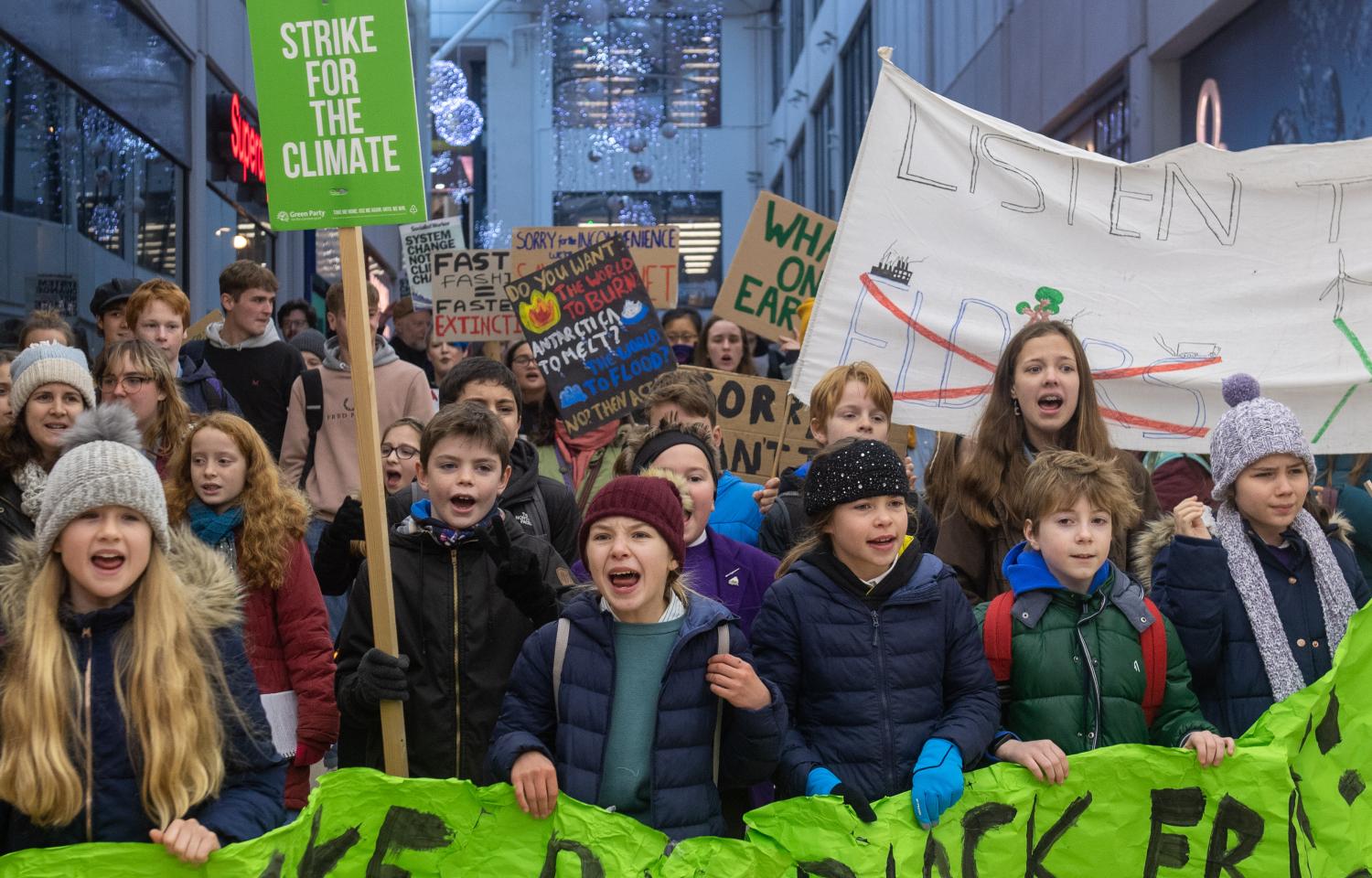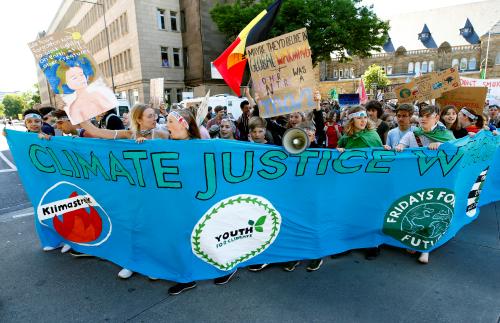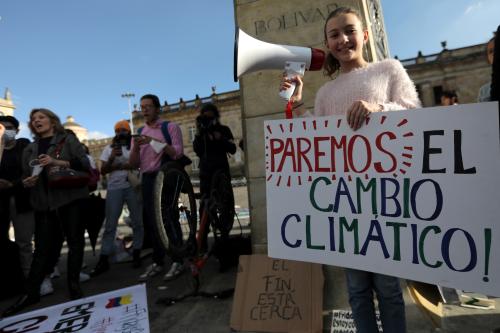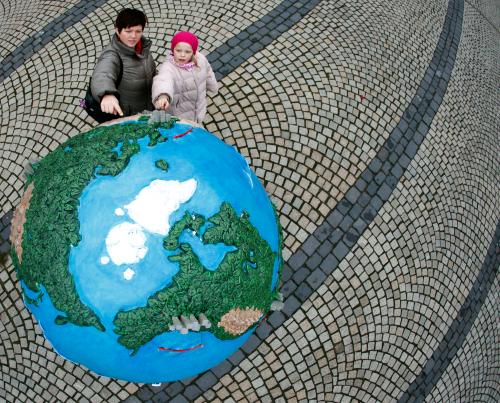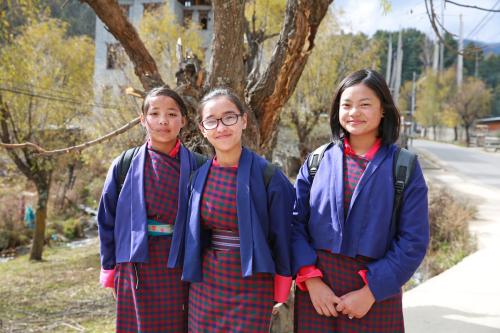Executive Summary
In October 2018, the Intergovernmental Panel on Climate Change (IPCC) released a special report that spelled out a dire vision of the future for planet Earth if climate action around the world is not accelerated by 2030. Out of the commentary that emerged, few have championed the report’s acknowledgment that education, especially when informed by indigenous and local knowledge, can help to 1) accelerate the wide-scale behavioral change needed for an equitable system-wide transition to a carbon neutral economy, and 2) build competencies and knowledge to enhance innovation and the policy and technological adaptation required to limit global warming to 1.5°C.
The lack of education champions within the global climate “policyscape” is fueled in part by an overemphasis of political attention and financial resources—when attention and resources are given at all—toward efforts to reduce greenhouse gas emissions. At the same time, the global education community’s attention and resources have been fractured by many development priorities, diluting the efficacy of its power to be a gamechanger in climate action.
The urgency of the climate crisis demands not only greater coherence and coordination of education efforts, but also a deep reexamination of the education sector’s role in the perpetuation of the status quo. This applies across formal education institutions (primary, secondary, and tertiary school), nonformal programs (often delivered by nongovernmental or community-based organizations), and informal spaces (on the radio, in libraries, museums, or even grocery stores and bus stops). It also demands attention from children, youth, and adults in both high-carbon emitting and low-carbon emitting countries, as well as within and across sectors (e.g., education, energy, transportation, agriculture, and urban planning).
As a starting point for critical discussion among education and noneducation actors, this paper focuses on formal education spaces where coordinating local efforts across districts, states, and nations can have impact on a global scale. First, the paper illustrates why more attention to and investment in education as a means of reducing risk and increasing informed action to climate change is needed, lest the technofixes of today lack political will and localized solutions for sustained, collective climate change action in the future. Second, it describes the current policy landscape for education in climate action, and climate in education. Third, the paper presents five underlying challenges preventing the formal education sector from taking a more proactive role in climate action. These roadblocks can then become entry points for policy and action. Finally, the paper lays out three actions that education and climate actors can take to not only chart a roadmap for the education sector in climate action, but to generate a new set of game-changing rules.
Note: In this paper, the term “global education community” is used to loosely describe the sum of education actors globally (civil society organizations, nongovernmental organizations [NGOs], government ministries, activists and advocates, etc.). The term does not imply that this collective set of actors views themselves as a single, cohesive community. The term “education sector” is used to describe the systems of education delivery (schools, school systems, ministries of education, etc.), while “education” refers to the process of teaching and learning.

